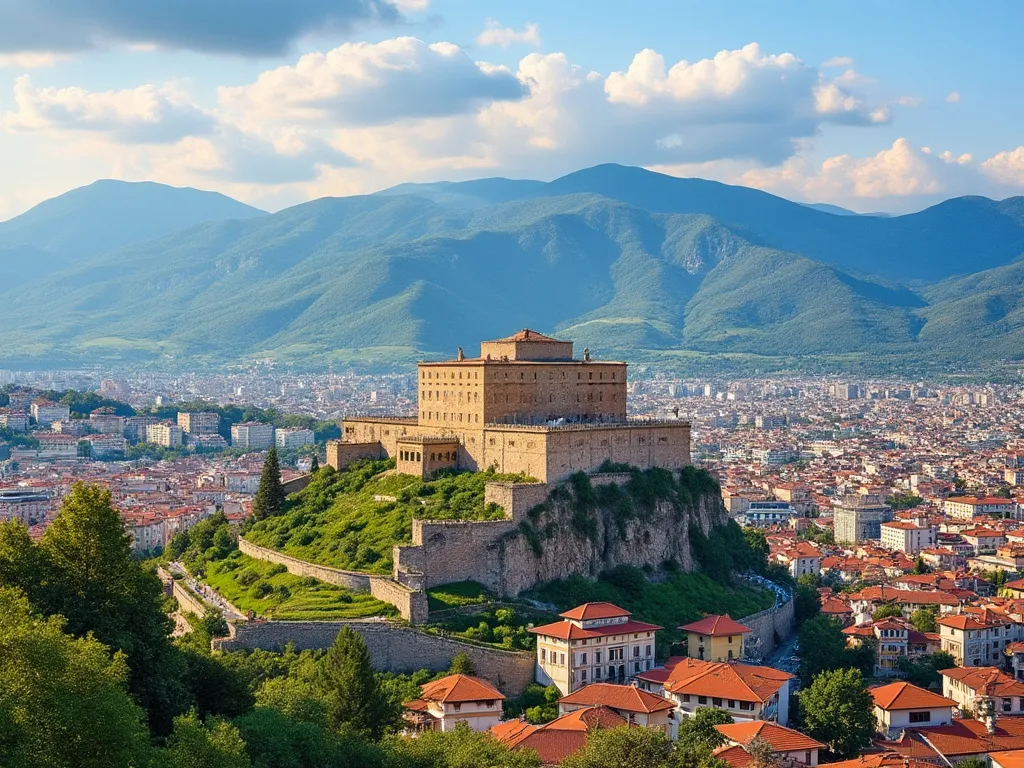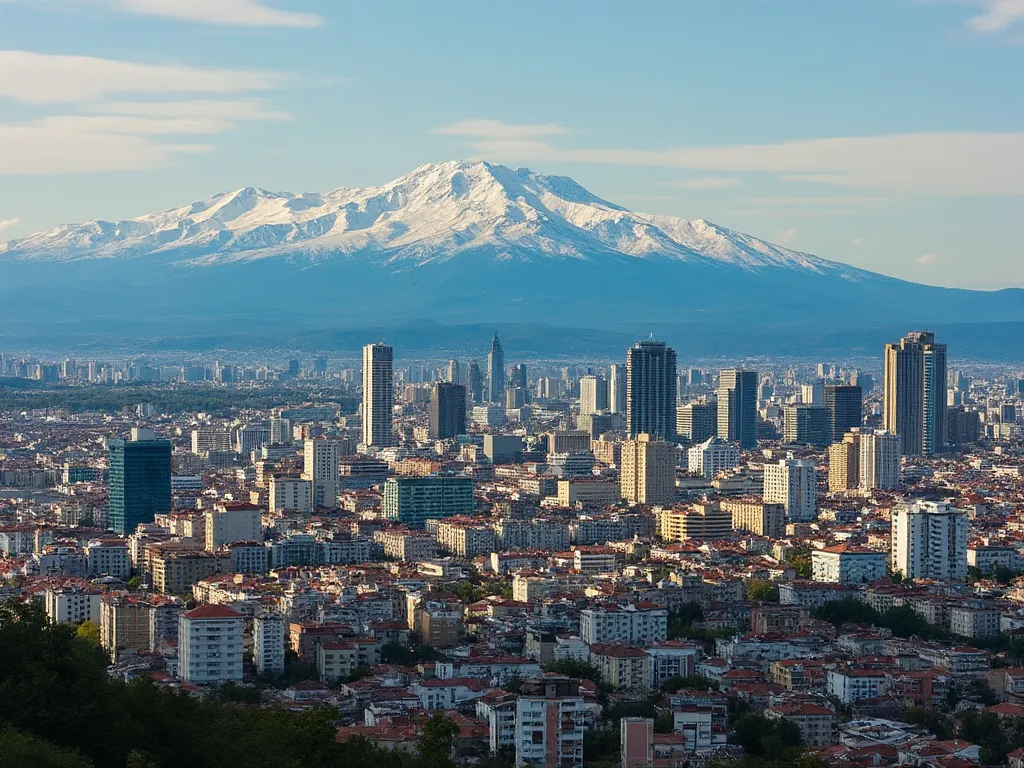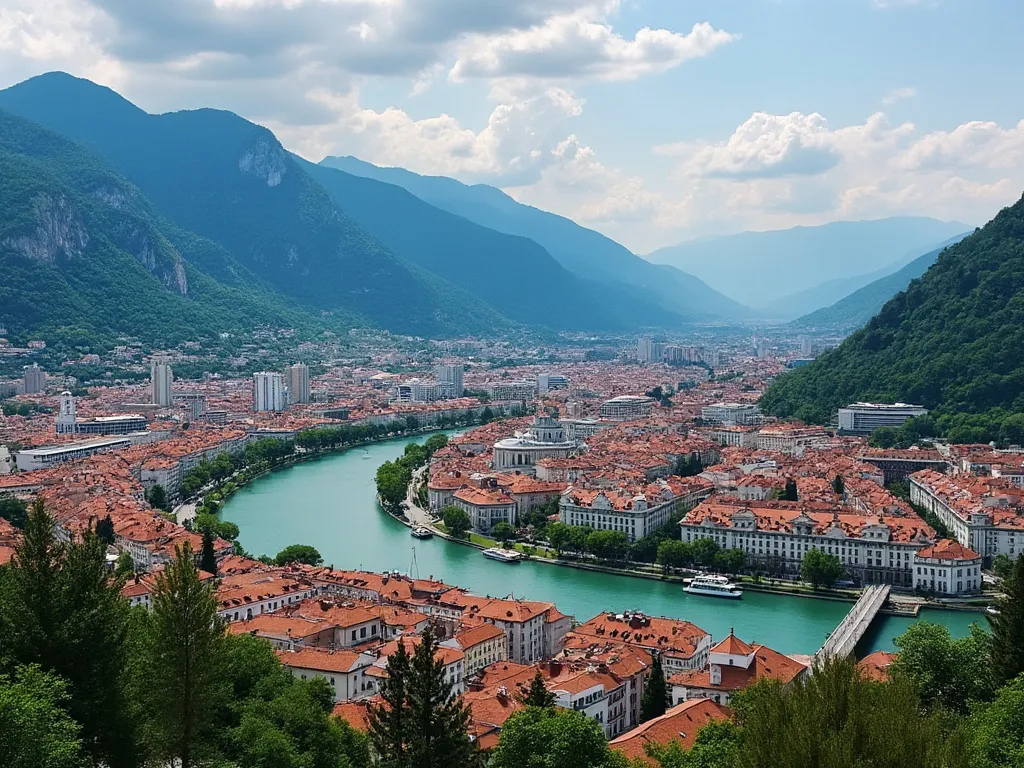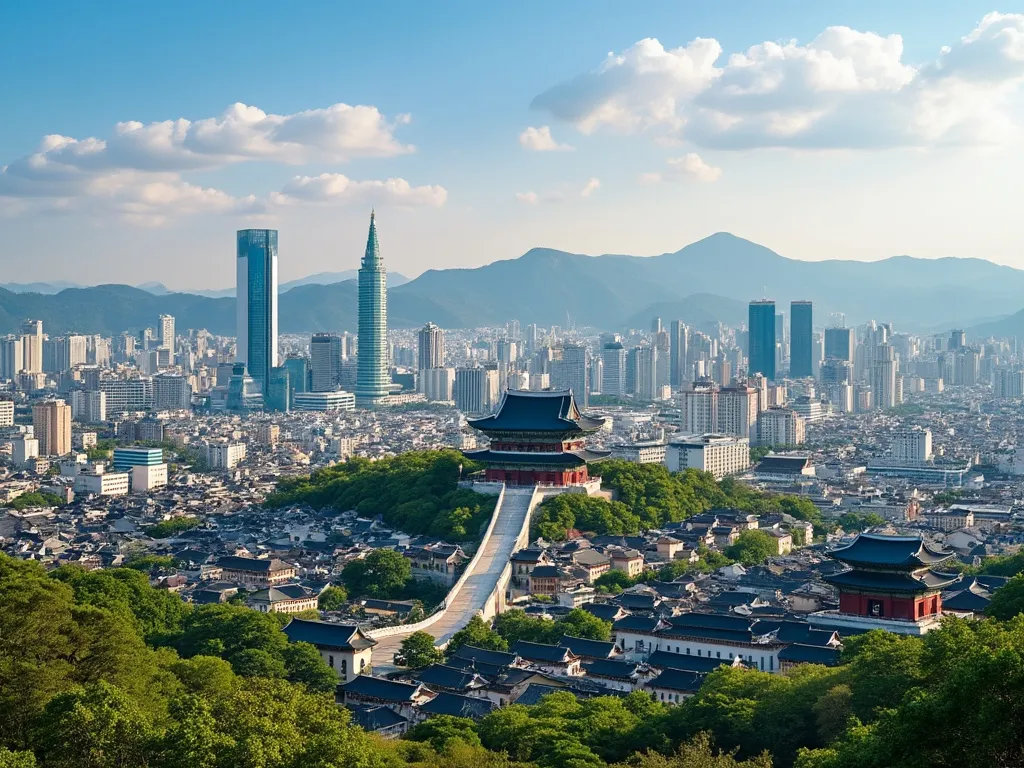
Singapore, officially the Republic of Singapore, is a sovereign city-state and island country in Southeast Asia. Singapore is a global hub for finance, trade, and tourism, and is known for its multiculturalism, diversity, and high standard of living.
Singapore information
| Country | 🇸🇬 Singapore |
| Population | 5.69 million |
| Coordinates | 1.35°N 103.85°E |
| Area | 720 km² |
| Climate | Tropical rainforest climate |
| Language | English, Malay, Mandarin Chinese, Tamil |
| Currency | Singapore dollar (SGD) |
| Time zone | UTC+8 (Singapore Standard Time) |
| Proximity to other major cities | Malaysia (Johor Bahru), Indonesia (Batam), Thailand (Bangkok) |
Interesting facts about Singapore
- Singapore is the world's second-most densely populated country, after Monaco.
- The city-state has a reputation for being one of the cleanest and safest cities in the world.
- Singapore is home to the world's largest fountain, the Fountain of Wealth.
- The city-state has a unique blend of Asian and Western cultures, with a mix of traditional and modern architecture.
Tourist attractions in Singapore
- Gardens by the Bay: a park featuring stunning floral displays and towering Supertrees.
- Marina Bay Sands: an iconic hotel and casino complex with a rooftop infinity pool.
- Merlion Park: a popular spot for photos with the iconic Merlion statue.
- Chinatown: a vibrant neighborhood with colorful streets, temples, and markets.
Historical background of Singapore
Singapore has a rich and diverse history, with evidence of human habitation dating back to the 2nd century AD. The city was founded in 1819 by Sir Stamford Raffles, a British East India Company agent, who established it as a trading post. Singapore became a British colony in 1867 and remained under British rule until 1942, when it was occupied by Japan during World War II. After the war, Singapore became a self-governing state in 1959 and gained full independence in 1965.
Geographical location of Singapore
Singapore is located at the southern tip of the Malay Peninsula, approximately 137 kilometers north of the equator. The city-state is composed of 63 islands, with the main island being Pulau Ujong, which accounts for approximately 90% of the country's land area.
Cultural significance of Singapore
Singapore is a multicultural society, with four official languages: English, Malay, Mandarin Chinese, and Tamil. The city-state is known for its vibrant arts and cultural scene, with numerous museums, galleries, and performance venues. Singapore is also home to a diverse range of festivals and celebrations, including the Chinese New Year, Hari Raya Puasa, and Deepavali.
Economic importance of Singapore
Singapore is a major economic hub, with a highly developed and diversified economy. The city-state is a leading financial center, with a strong banking and finance sector, and is also a major hub for trade and logistics. Singapore is home to a number of major industries, including electronics, pharmaceuticals, and biotechnology.
Conclusion on Singapore
Singapore is a unique and fascinating city-state that offers a blend of traditional and modern culture, stunning architecture, and a thriving economy. From its vibrant arts and cultural scene to its world-class tourist attractions, Singapore is a destination that has something for everyone.
 Skopje
Skopje
 Sofia
Sofia
 Sarajevo
Sarajevo
 Seoul
Seoul